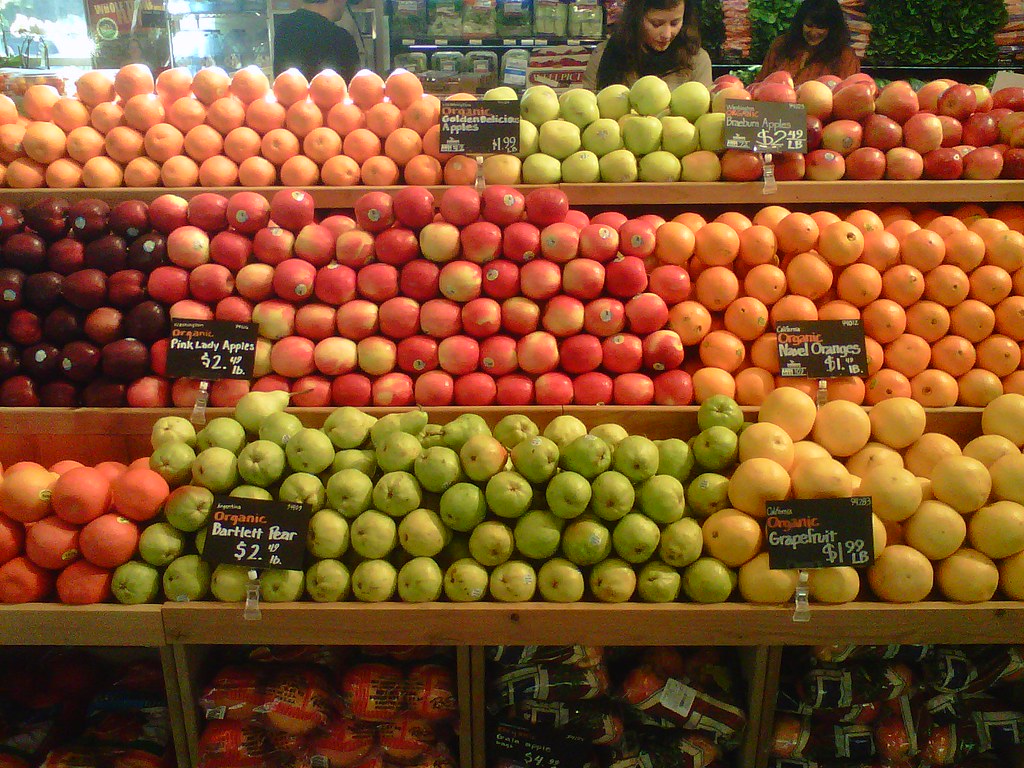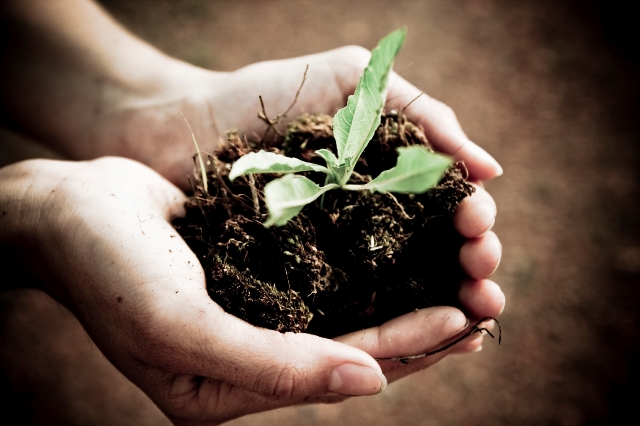 “It is he (Allah) that has appointed you (mankind) as stewards in the Earth…” (Qu’rán, 35:39)
“It is he (Allah) that has appointed you (mankind) as stewards in the Earth…” (Qu’rán, 35:39)
As Earth Day 2011 quickly approaches, many of us take this opportunity to reflect and participate in annual community events aimed at reducing our environmental impact on our planet. Every year more than 6 million Canadians join over 1 billion people globally in 170 countries in staging events designed at raising awareness of the environment[i].
As Canadians we are intrinsically connected with the environment. The Canadian wilderness conjures up idealized images of pristine lakes, vast tracts of forests and endless coastlines. Although most of us live in urban areas, the multi-billion dollar outdoor and recreation industry indicates most of us seasonally enjoy the great outdoors[ii].
However our perception of nature is changing with 56% of Canadians rating the overall quality of the environment in their province as good or better. Many of us are concerned with the growing impact of climate change (85%) and our perception of the quality of the environment in general indicates it is getting worse (47%)[iii]. With growing concern over the future of our planet, the mandate of Earth Day has shifted from increasing awareness of environmental issues to outlining proactive steps individuals can take to reduce their ecological footprint[iv].
It is safe to assume that Muslim Canadian attitudes reflect similar national trends. While the community as a whole has only recently recognized the future potential of the environmental movement, the Islamic tradition is rich in progressive conservation ideals based on Islamic teachings of the Quran and Sunnah. Muslim countries have quickly adopted the green movement with new projects appearing in Jordan, the United Arab Emirates and Saudi Arabia. There are many proactive steps Muslims can take in their everyday routines that adhere to the Islamic perspective of stewardship and conservation.
Water
Do not the Unbelievers see that the heavens and the earth were joined together (as one unit of creation), before we clove them asunder? We made from water every living thing. Will they not then believe? (Qu’rán, 21:30).
Consider the water you drink. Was it you who brought it down the rain cloud or We? If We had pleased, We could make it bitter: why then do you not give thanks? (Qu’rán, 56: 68-70)
Water is the sustenance of life, however we often take it for granted not realizing its true value. As freshwater resources become scarce, the future management is becoming increasingly important. Simple steps can culminate in saving large volumes of water over the long term.
- Ensure the fixtures in your homes, offices, schools and mosques are water efficient and be mindful of you water use. Monitoring your water consumption not only identifies potential cost savings but adheres to the Prophet’s teaching surrounding its use.
- Make conscious purchasing decisions that include the hidden costs of water. It may surprise you to find out the amount of water that goes into the consumer products we purchase and foods we eat. There are many online tools that help you calculate the true water costs of everyday items.
- Become familiar with your municipality’s water conservation plan and become engaged in the long-term management of water in your community. Various levels of government routinely consult with the public on the future direction of water use and its value to society.
Waste
And He gives you of all that you ask for. But if you count the favours of Allah, never will you be able to number them. (Qu’rán, 14:34)
It is He Who has brought into being gardens the trellised and untrellised – and the palm trees, and crops, all varying in taste, and the olive and pomegranates, all resembling one another and yet so different. Eat of their fruits when they come to fruition and pay His due on the day of harvesting. And do not waste (God’s bounties): verily, He does not love the wasteful. (Qu’rán, 6:141)
Waste is something that has become endemic in our society. With the rapid evolution of technology and the spread of consumerism, we purchase, consume and discard material goods faster than any period in history. Waste has become incorporated into every aspect of our lives from excessive packing to disposable products but can be easily avoided by returning back to the basics of the 3R’s
- Reduce: Before making a purchase, think about if you really need the item to begin with. Reducing what you consume can be the most liberating action you can take. Many of our purchasing choices are driven by impulse derived from clever marketing campaigns. Preplanning can help with this by creating a list of items you need before you leave home and budgeting accordingly. At your mosque, consider holding litterless iftars this Ramadan and encourage your administration to adopt a green sourcing clause in its purchasing policies aimed at minimizing waste.
- Reuse: This goes beyond reusing glass jars and old boxes. Think about alternate uses for an old item or someone else who would make better use of it. Books can be passed on to local libraries, toys can be donated to community centers and children clothes can be exchanged with friends and family. At home consider installing a greywater system that uses rainwater for non-potable uses such as flushing toilets or in the garden. Also, think about purchasing reusable products as opposed to disposable. Not only will it be more economical, but will also reduce your own ecological footprint.
- Recycle: Most urban municipalities today have some form of recycling program in place. Several provinces have environmental fees for the safe disposal of electronics, tires, chemicals and other waste solvents that recover the valuable components of used products and safely dispose of the residual waste. While this only deals with the end product, the only way to truly eliminate waste is to avoid unnecessary purchases to begin with. Consider purchasing items that are designed for the environment; which are dismantable and can be easily recycled into other products.
Nature
“There is none amongst the Muslims who plants a tree or sows seeds, and then a bird, or a person or an animal eats from it, but is regarded as a charitable gift for him.” (Bukhari, Vol3, B:39-513).
Corruption has appeared on the land and in the sea because of what the hands of humans have wrought. This in order that we give them a taste of the consequences of their misdeeds that perhaps they will turn to the path of right guidance (Qu’rán, 30:41).
As stewards of the natural world, we have a responsibility to ensure that the principles of Islam are enshrined in the management of the environment. This starts with taking a proactive role in local communities as well as being included in the national discourse surrounding the future direction of environmental policy. Several measures can be taken to bring the environment to the forefront of these discussions.
- Become involved with your local conservation authority or national/provincial park. Many run outreach events for both children and adults that include aspects of conservation, education and monitoring of both wildlife and plant species.
- Consider organizing your own clean-up, tree planting event or community garden at your local mosque. Events like this bring together communities around a common goal and enhance the natural surroundings for worship.
- Perform outreach with other faith organizations that have similar environmental goals. Decision makers are more inclined to listen to a unified voice that represents all faith communities and possible barriers can be broken down through interfaith dialogue.
While Earth Day may be one day out of the year for many Canadians, the stewardship responsibility of the planet should be a daily consideration of all Muslims. Simple steps in your daily routine can minimize your individual ecological impact and create a more livable environment consistent with Islamic teachings of the Quran and Sunnah.


























